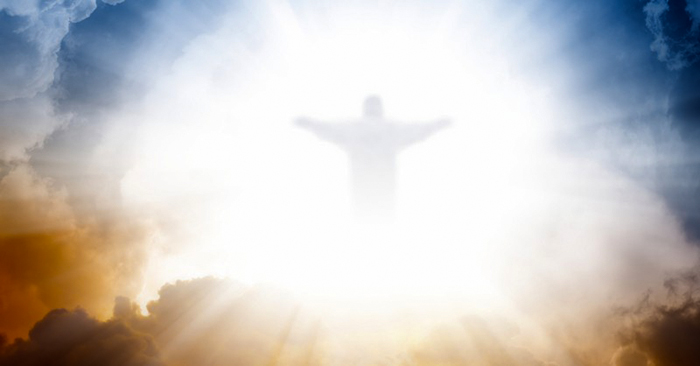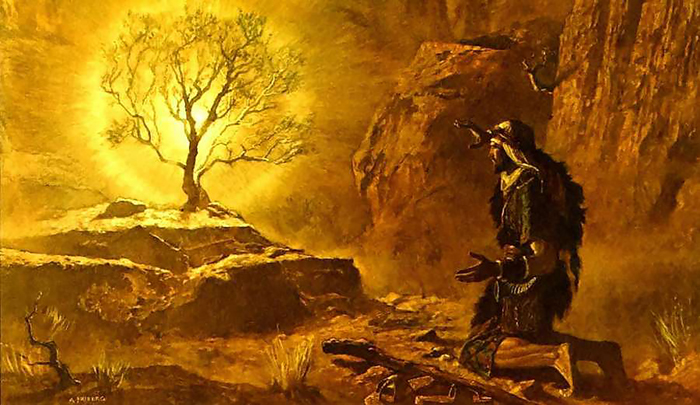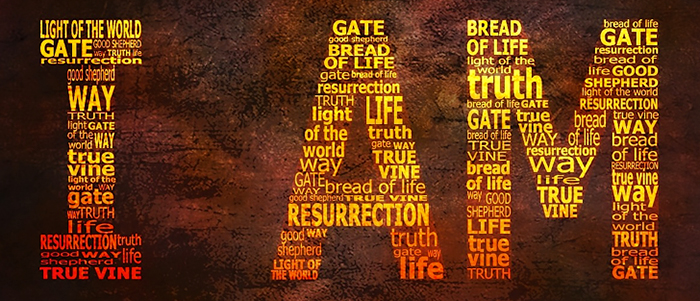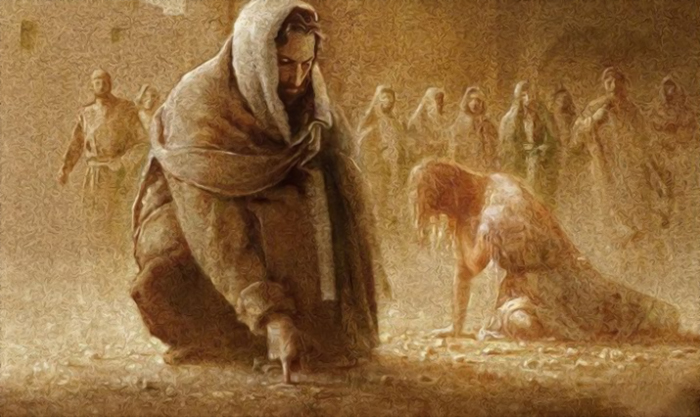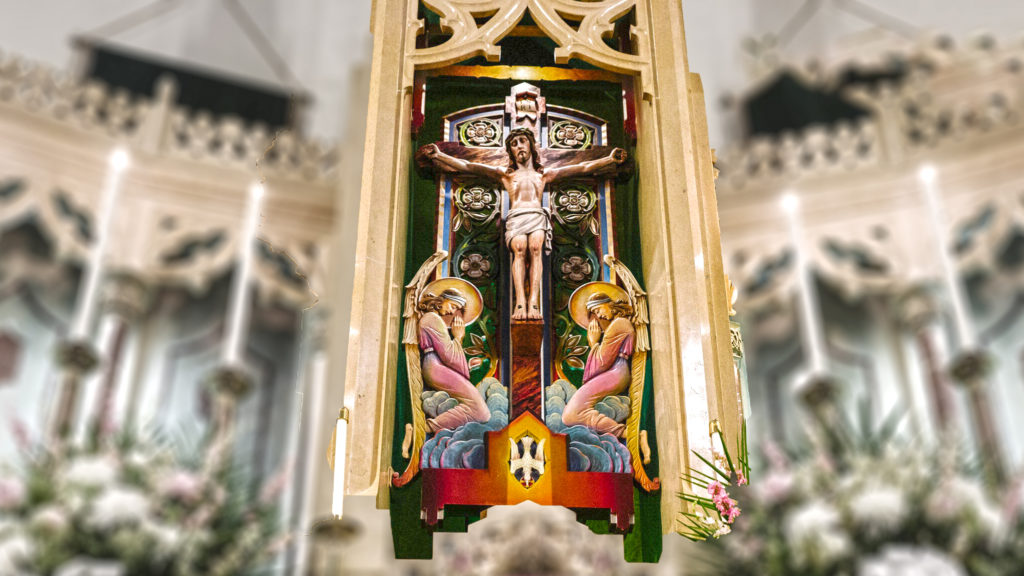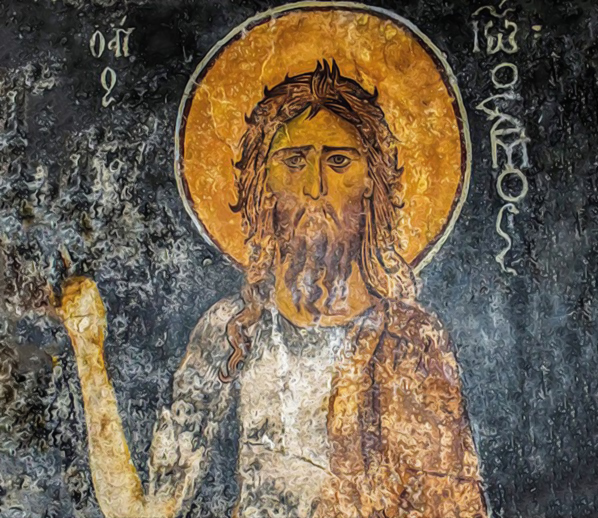
As we approach Palm Sunday, Saint Peter Damian’s beautiful prayer foreshadows the hope for a nation of believers in what our savior will endure for us. “When your soul goes forth from your body, may the radiant company of angles come to meet you, and may your judge, the senate of the apostles, release you; may Christ, who suffered for you, rescue you from punishment; may Christ who was crucified for your sake, free you from excruciating pain; may Christ, who humbled himself to die for you, free you from death; may Christ, the Son of the living God, set you in the evergreen loveliness of his paradise, and may he, the true Shepherd, recognize you as one of his flock, may he free you from all your sins and assign you a place at his right hand in the company of his elect. May you see your Redeemer face to face, and standing in his presence forever, may you behold with blessed eyes Truth revealed in all its fullness. And so, having taken your place in the ranks of the saints, may you enjoy the sweetness of divine contemplation forever and ever. Amen.”

